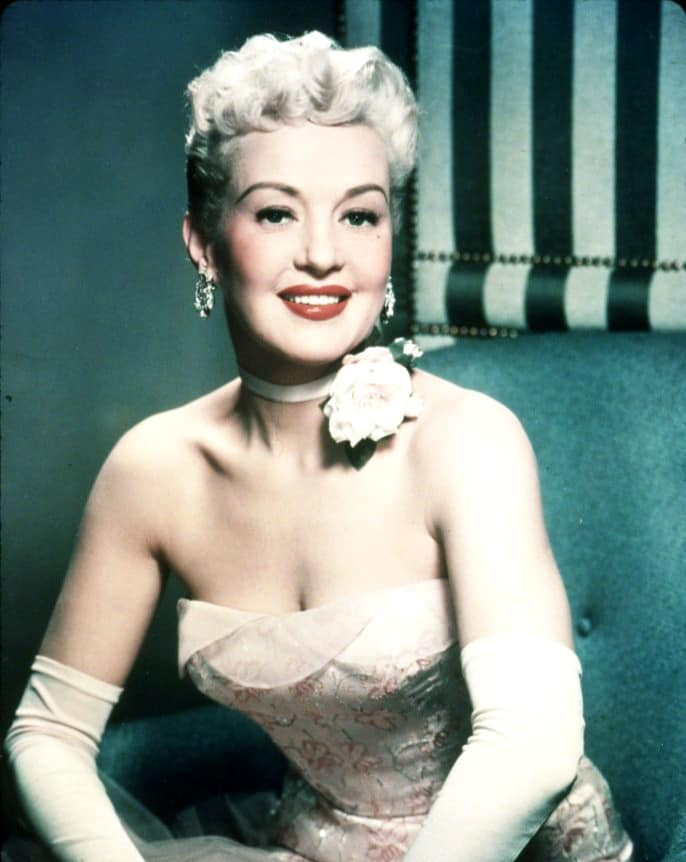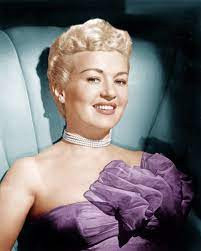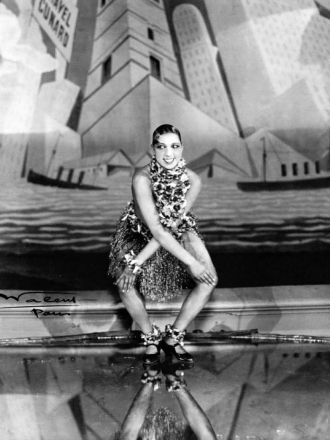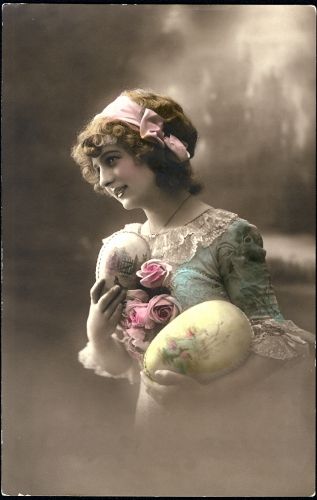Betty Grable
Betty Grable Lovely Pose.
Date & Place:
Not specified or unknown.


 Amanda S. Stevenson
Amanda S. Stevenson 





